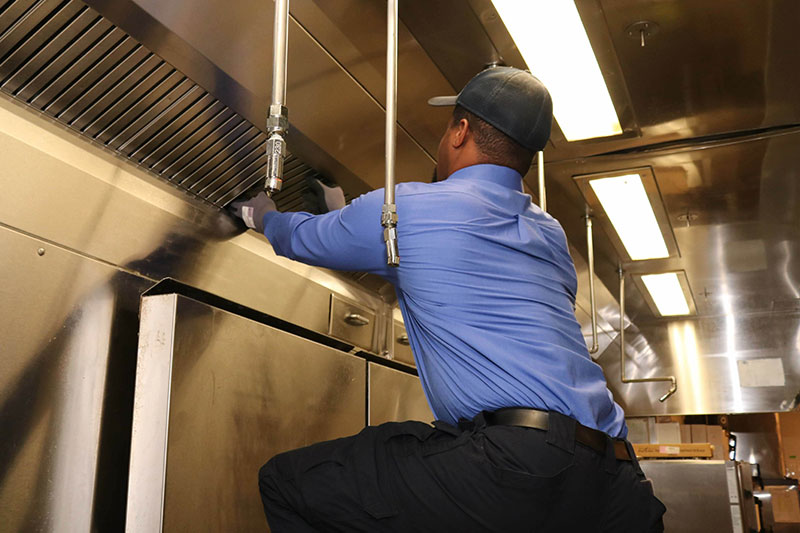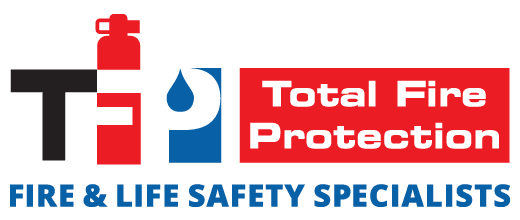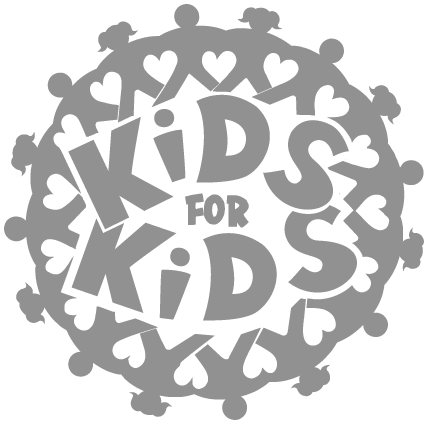Why Fire Suppression Maintenance is Essential for
Kitchen Fire Safety
Commercial kitchens are one of the most fire-prone environments, with cooking equipment responsible for more than half of all restaurant fires. A properly functioning kitchen fire suppression system is crucial for preventing fire-related disasters, protecting lives, and avoiding costly property damage. However, many businesses overlook regular maintenance and upgrades, assuming their system will work when needed.
Ignoring fire suppression maintenance can lead to low pressure, outdated components, clogged nozzles, and non-compliance with NFPA fire safety codes—all of which put your business at serious risk. Recognizing the early warning signs of system failure ensures that your suppression system remains fully operational, minimizing downtime and maximizing safety.
Here’s how to identify when your kitchen fire suppression system needs maintenance, repairs, or upgrades.
1. System Fails Fire System Inspection
Regular fire system inspections are required to ensure compliance with local fire codes and National Fire Protection Association (NFPA) standards. If your kitchen fire suppression system fails an inspection, it’s a clear sign that it needs immediate maintenance or an upgrade.
 Common reasons for inspection failure include:
Common reasons for inspection failure include:
Expired or clogged nozzles
Grease buildup can block nozzles, reducing their effectiveness in suppressing fires.
Worn-out or corroded pipes
Over time, pipes carrying the suppression agent may degrade, reducing system performance.
Low suppression agent levels
Fire suppression agents, such as wet chemicals, must be maintained at the correct levels to function properly.
Faulty activation mechanisms
If manual pull stations or automatic sensors fail, the system won’t trigger in an emergency.
Failing an inspection means your system is not fire-ready—and if a fire breaks out, your business could face devastating losses. Scheduling regular fire system inspections with a certified fire protection company ensures your system meets all safety requirements and functions properly.
2. Suppression System Doesn’t Activate During Testing
Your kitchen fire suppression system should activate immediately when triggered. If the system fails to discharge the suppression agent during routine testing, it may indicate:
- A faulty control panel preventing activation.
- Disconnected or damaged suppression lines causing blockages.
- Weak or depleted suppression chemicals that need replacement.
Failure to activate is a critical safety risk that requires immediate fire suppression maintenance to restore system reliability.
3. Decreasing Pressure in the Suppression System
A well-functioning kitchen fire suppression system maintains consistent pressure to ensure proper distribution of fire-suppressing chemicals. A drop in system pressure may be caused by:
- Leaks in the piping system reducing suppression effectiveness.
- Aging suppression agents requiring replenishment.
- Malfunctioning pressurization components impacting the system’s ability to discharge chemicals properly.
Regular fire suppression maintenance can identify and resolve pressure issues before they compromise fire safety.
4. Outdated or Non-Compliant Fire Suppression System
Fire safety regulations evolve over time, and older kitchen fire suppression systems may not meet current NFPA standards. An outdated system may:
- Lack new suppression technology that improves fire control.
- Be non-compliant with fire codes, leading to violations and fines.
- Have aged components prone to failure.
If your kitchen fire suppression system hasn’t been updated in several years, it’s time to consider fire suppression upgrades. A modern system enhances safety, ensures compliance, and improves efficiency in fire suppression.
5. Visible Damage or Wear on System Components
Over time, key components of a fire suppression system can suffer from:- Corrosion or rust on pipes
- Damaged or frayed wiring
- Loose or disconnected nozzles
- Buildup of grease or debris
6. Frequent Fire Code Violations
Receiving multiple fire safety violations is a strong indication that your suppression system is outdated or not functioning properly. Common fire code violations include:
- Failure to provide proof of regular inspections and maintenance
- Blocked or improperly placed fire suppression nozzles
- Expired fire suppression chemicals
TFP specializes in quick violation removal to bring your kitchen fire suppression system back into compliance with all fire safety codes.
7. Changes in Kitchen Layout or Equipment
If your kitchen has been remodeled, added new equipment, or relocated cooking appliances, your fire suppression system may no longer provide adequate coverage. Suppression nozzles must be properly positioned to target high-risk areas.
If your kitchen setup has changed, fire suppression upgrades are necessary to ensure all areas are protected.
How Total Fire Protection Ensures Kitchen Fire Safety
For over 20 years, Total Fire Protection (TFP) has been the trusted partner for businesses needing kitchen fire suppression maintenance, upgrades, and inspections. Our expert team provides:

Fire Suppression System Inspections
Ensuring full compliance with fire codes.
Regular Maintenance & Repairs
Preventing unexpected failures and costly damage.
System Upgrades & Replacements
Bringing outdated suppression systems up to modern standards.
Hood & Duct Cleaning Services
Eliminating grease buildup that can ignite fires.
Violation Removal Services
Restoring compliance to avoid fines and penalties.
With nationwide service and rapid response teams across NYC and the Tri-State Area, TFP ensures your kitchen remains protected.
Keep Your Kitchen Fire Suppression System in Peak Condition
A failing kitchen fire suppression system puts lives, property, and your business at serious risk. By recognizing the warning signs early, you can take action before disaster strikes.
Regular inspections, maintenance, and timely upgrades ensure your suppression system remains fully functional and compliant with fire safety regulations.




